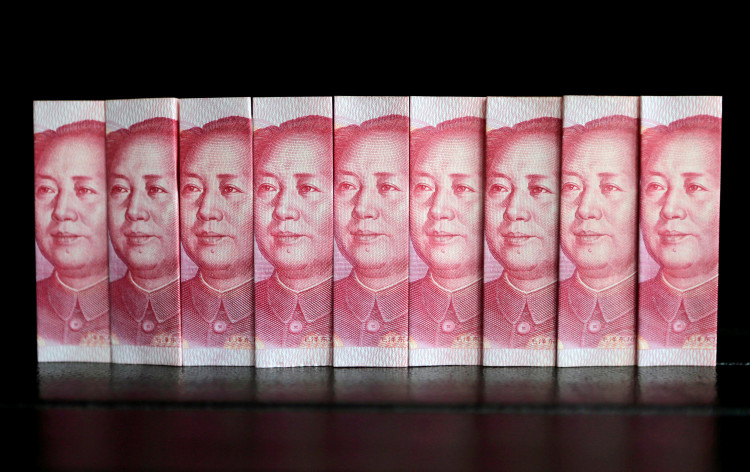Chinese regulating bodies have started a concerted effort to clamp down illegal offshore currency transfers and tax evasions by some of the country's highest-paid celebrities. The latest effort was initialized in order to mitigate public ire over the ever-increasing income gap in the country.
Headlining the investigation are some of China's most powerful regulating bodies. It involves financial crime investigators, the tax bureau, the foreign exchange watchdog, as well as regulators of broadcasting, publishing, and sports organizations.
The regulatory body has top-tiered movie actors, actresses, multimedia personalities, models, and sports icons, on their crosshairs. Leading the task force is a vice-ministerial level police official, as well as an expert in commercial crime and money laundering.
The effort was jumpstarted after a lengthy public outcry following the revelation of TV host Cui Yongyuan about various tax evasion practices of some of China's most prominent stars. A practice is known as "yin-yang contracts" eventually came into public knowledge.
In a statement acquired by South China Morning Post, King's College lecturer Sun Xin said, "The major purpose of the campaign is to address social inequity. It is also in line with China's plan to tighten up tax collection in recent years."
The recent tax clampdown came in a time when China is experiencing a massive entertainment boom. Entertainment revenues have risen along with China's expanding economy. In 2013, China's entertainment industry reported a combined revenue of 3.1 trillion yuan or $448 billion.
This entertainment boom turned some of China's highest-paid entertainers into multimillionaires almost overnight. These massive revenues also caused taxes to skyrocket for those on top. China's highest earners are taxed at 45 percent.
In order to dodge these massive tax deductions, some high earners resorted to "yin-yang contracts." These contracts entail that entertainers to channel their salaries back to their own studio or production houses, a staggering portion of it qualify as small businesses liable only for a meager 6 percent tax rate.
Following weeks of extensive investigations, at least nine of the country's biggest studios have agreed to new regulations. A new salary cap for entertainers was eventually adopted.
Under the new rule, television actors can receive a maximum of 1 million yuan or $145,000 per episode. Additionally, actors are also limited to receive not more than 50 million yuan or $7.3 million for an entire season regardless of the number of episodes, according to Ink Stone News. The new tax deal was unveiled on Friday.





